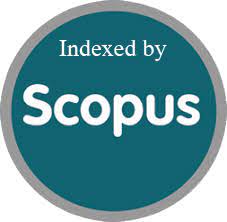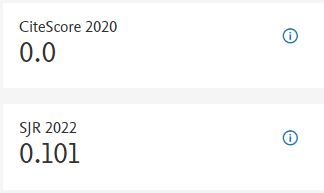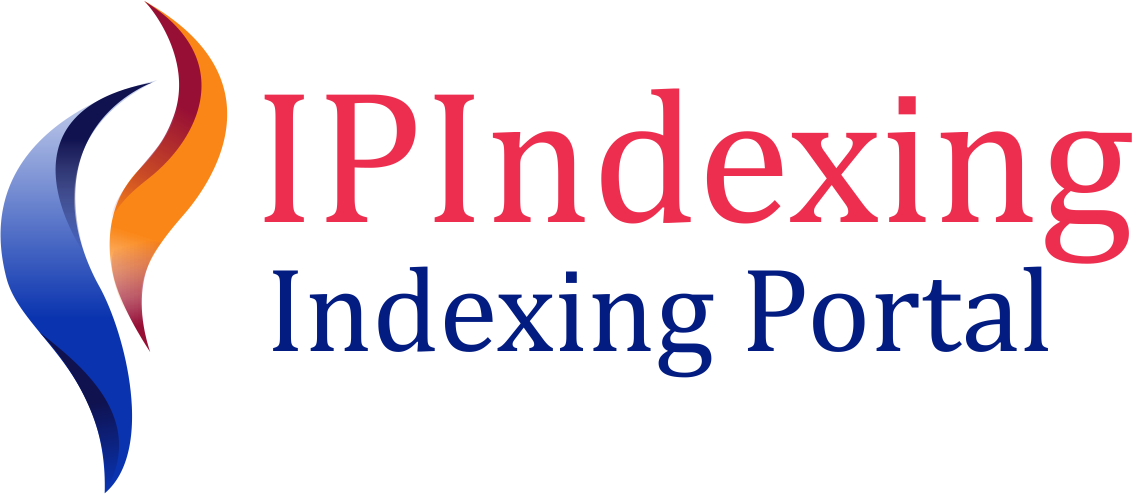The Relationships between Job satisfaction and personality factors and Burnout among Professional Caregivers of People with Intellectual Disability.
DOI:
https://doi.org/10.7492/jq6fd027Abstract
This study investigated the relationships between job satisfaction, personality factors, and burnout among professional caregivers of individuals with intellectual disability. Using a cross-sectional correlational design, data were collected with the Maslach Burnout Inventory (MBI), Job Satisfaction Survey (JSS), and Big Five Inventory. A total of 34 participants completed the study, allowing for analysis of correlations between personality traits, job satisfaction, and burnout outcomes. Results indicated that job satisfaction was positively correlated with conscientiousness (r=.419, p=.007) and openness to experience (r=.443, p=.006), confirming that personality is a predictor of satisfaction at work. In contrast, neuroticism showed no significant correlation with burnout on emotional exhaustion (r=.071, p=.650), depersonalization (r=.128, p=.411), or personal accomplishment (r=-.183, p=.218). Conscientiousness correlated negatively with burnout: emotional exhaustion (r=-.429, p=.006) and depersonalization (r=-.554, p=.000), while showing a positive association with personal accomplishment (r=.537, p=.000). Similarly, openness to experience correlated negatively with emotional exhaustion (r=-.377, p=.019) and positively with personal accomplishment (r=.666, p=.000), though no significant relationship was found with depersonalization (r=-.260, p=.095). Overall, the findings highlight that positive personality traits (conscientiousness and openness) buffer against burnout and enhance job satisfaction, whereas neuroticism did not emerge as a predictor in this study.

















